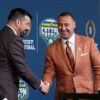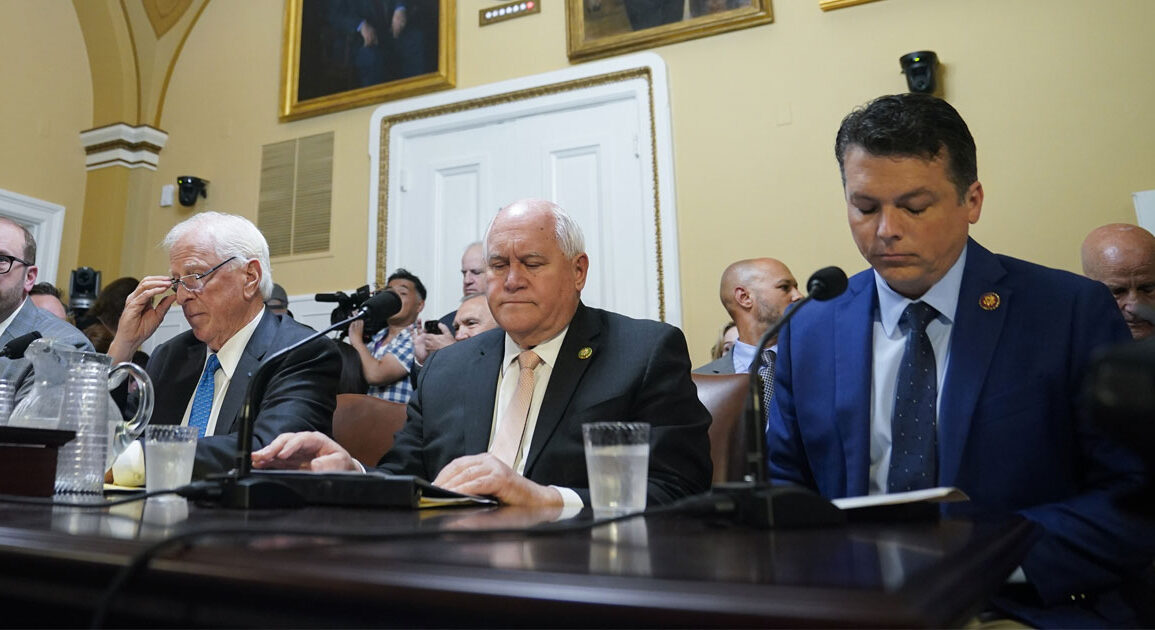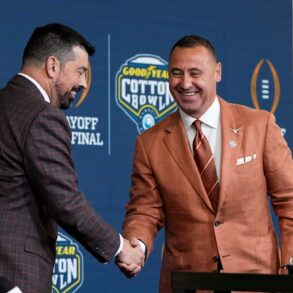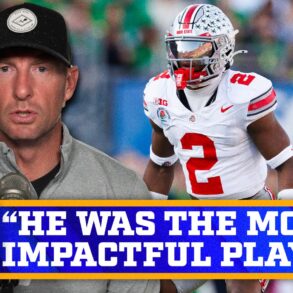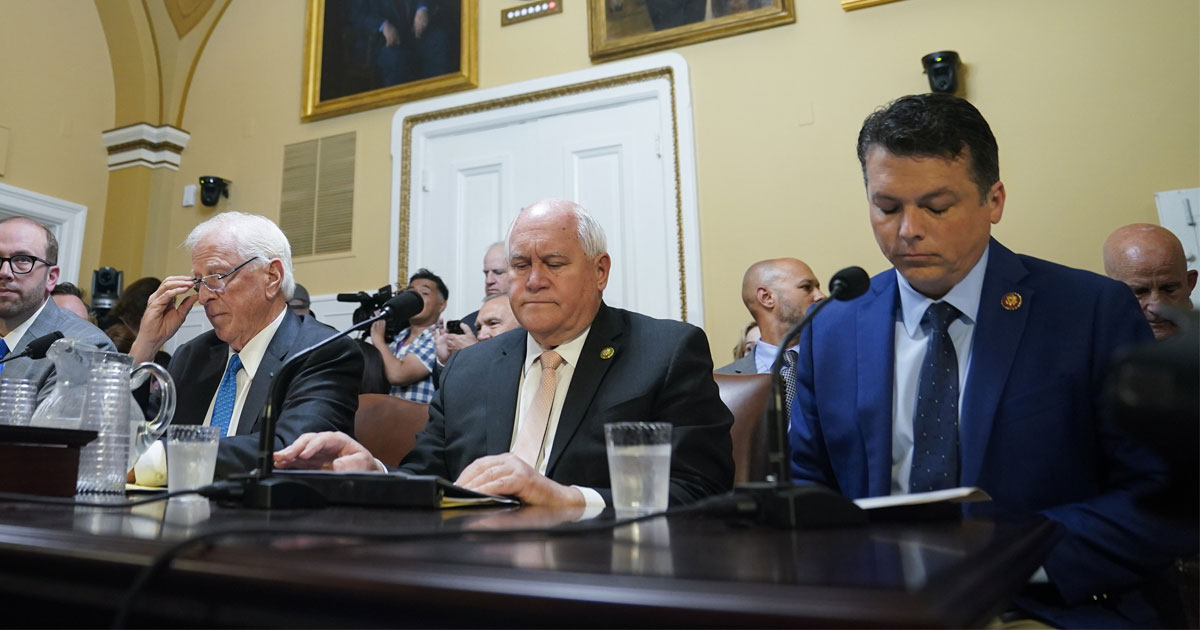
As college football works with Congress toward solutions on the NIL front, one unlikely demand has emerged. It comes by way of House of Representatives member Brendan Boyle.
And, well, you kind of just have to see the demand. On its face it puts the ball squarely in the court of those who would attempt to secure a deal on the NIL front.
“The next time the Big Ten or SEC wants to meet with me about NIL, they need to be prepared to first explain to me how they justify trying to rig the CFP,” Boyle wrote on Twitter. “#Greed”
Though concerns of the Big Ten and SEC wielding disproportionate influence in College Football Playoff matters have existed at large, they’ve largely been limited to the fringe corners of the Internet. Few in positions of power have outright accused the two leagues of rigging things in their favor.
Yet that’s exactly what Boyle, a Congressman representing the Philadelphia area, appeared to suggest with his tweet. In any case, it certainly raises some eyebrows.
Eligibility rules could reach Supreme Court
There are dozens of wrinkles in the ongoing collision of college football and Congress. Not the least of them has to do with eligibility.
Former Charleston forward Ante Brzovic has been denied his request for a preliminary injunction against the NCAA to allow him to play a fifth season after spending one year at the JUCO level. That decision is coming from the U.S. District Court for the District of South Carolina (4th Circuit).
Now, NIL lawyer Darren Heitner has weighed in on the decision, cautioning that this issue will likely find its way to the Supreme Court. That’s because other districts have had significantly different decisions in similar cases, relating to the NCAA’s eligibility rules and the Five-Year Rule.
In particular, Heitner pointed to Jett Elad. A Rutgers defensive back who spent time at the JUCO ranks, Elad looked for a similar injunction against the NCAA to allow him to play this upcoming college football season. That was ruled on by the U.S. District Court for the District of New Jersey (3rd Circuit).
The key difference in the two cases is that the courts that heard the cases took largely different approaches. The Elad court relied heavily on NCAA v. Alston and the post-Alston landscape of NIL compensation. However, the Brzovic court disagreed. Instead, the South Carolina court ruled that there is no “binding legal authority” to show that the Five-Year Rule is subject to antitrust law.
One circuit court’s decisions are not binding in another circuit. Even within a circuit, it’s only considered that the ruling would have persuasive authority. So, Darren Heitner believes there could be a brewing legal fight over the issue that could go as far as the Supreme Court, carrying significant ramifications for college football and college athletics as a whole.
On3’s Dan Morrison also contributed to this report.
This post was originally published on this site be sure to check out more of their content.



